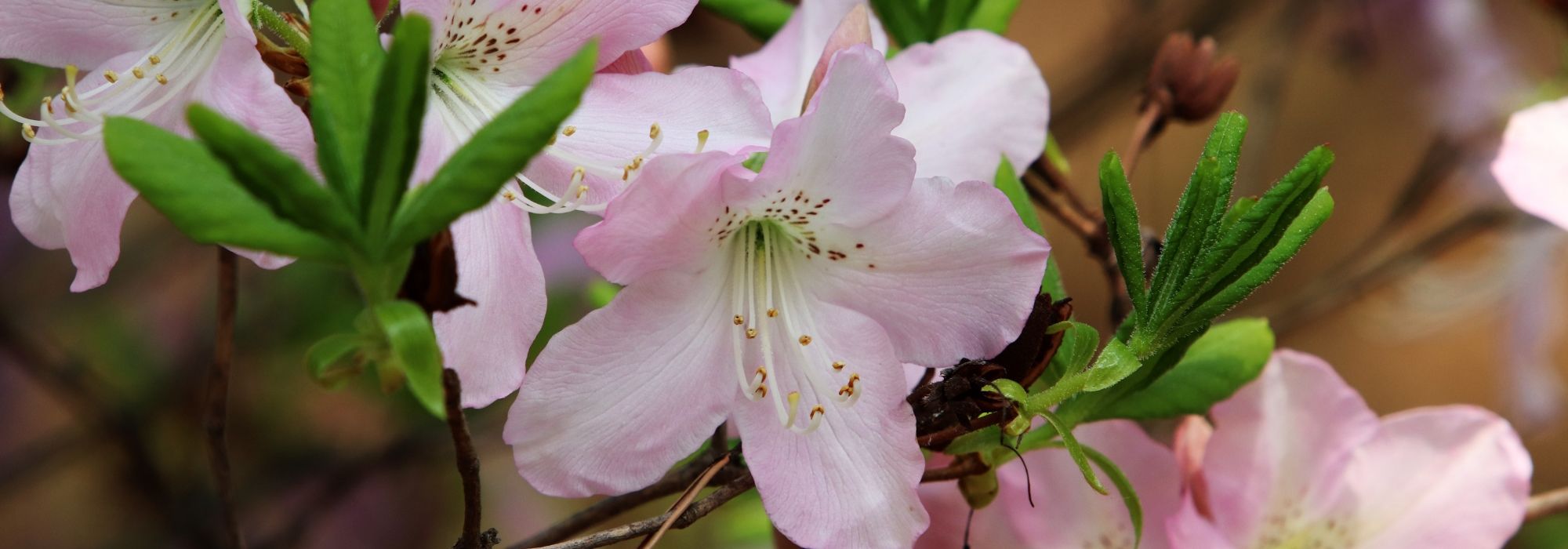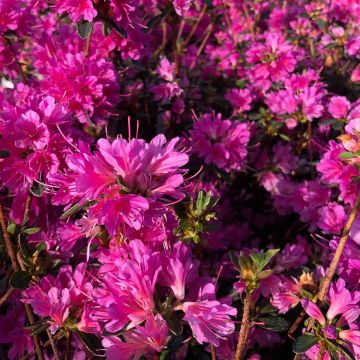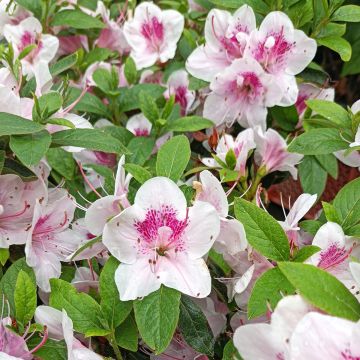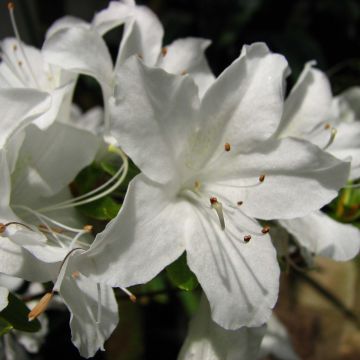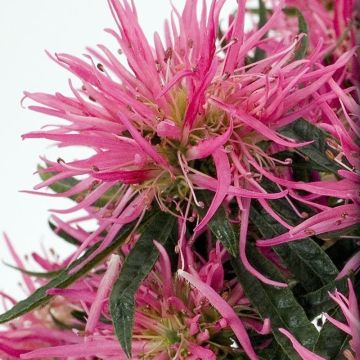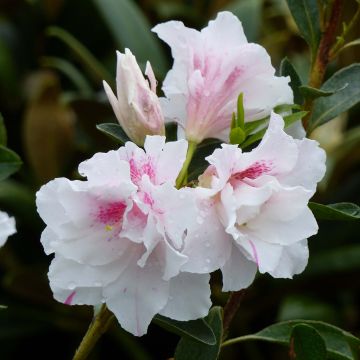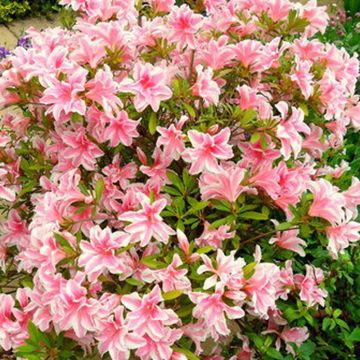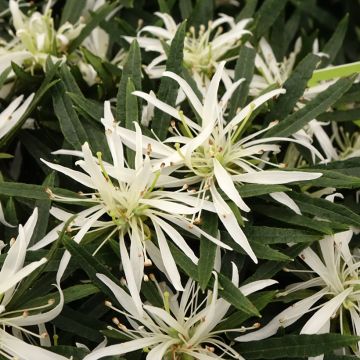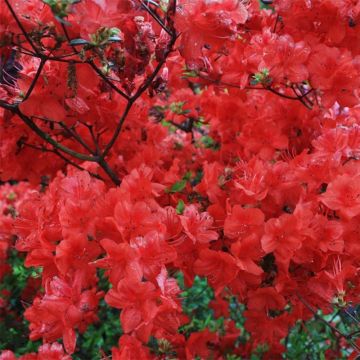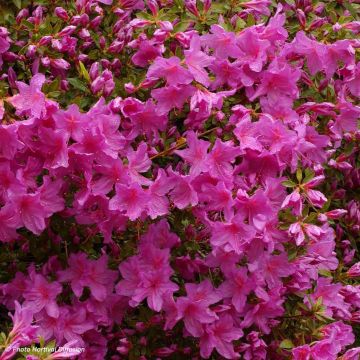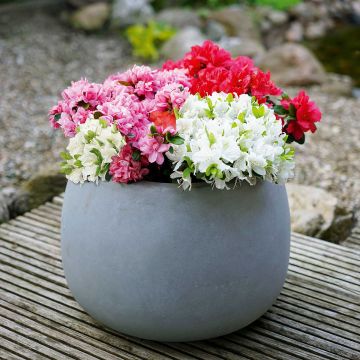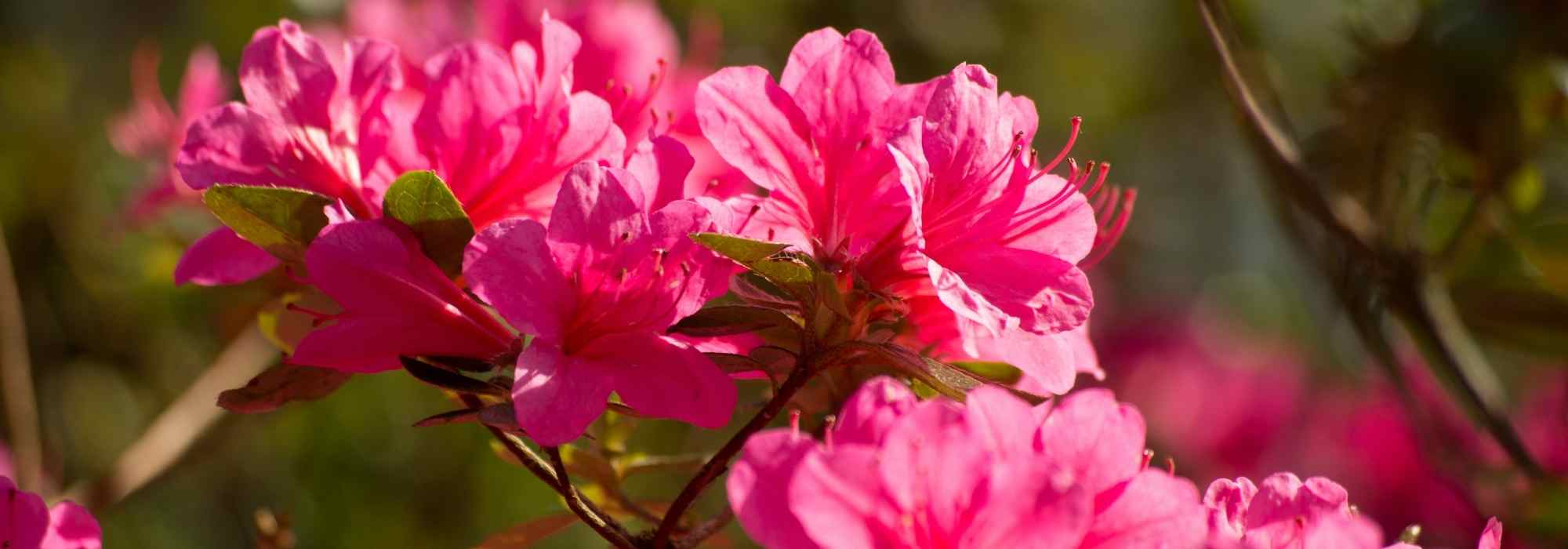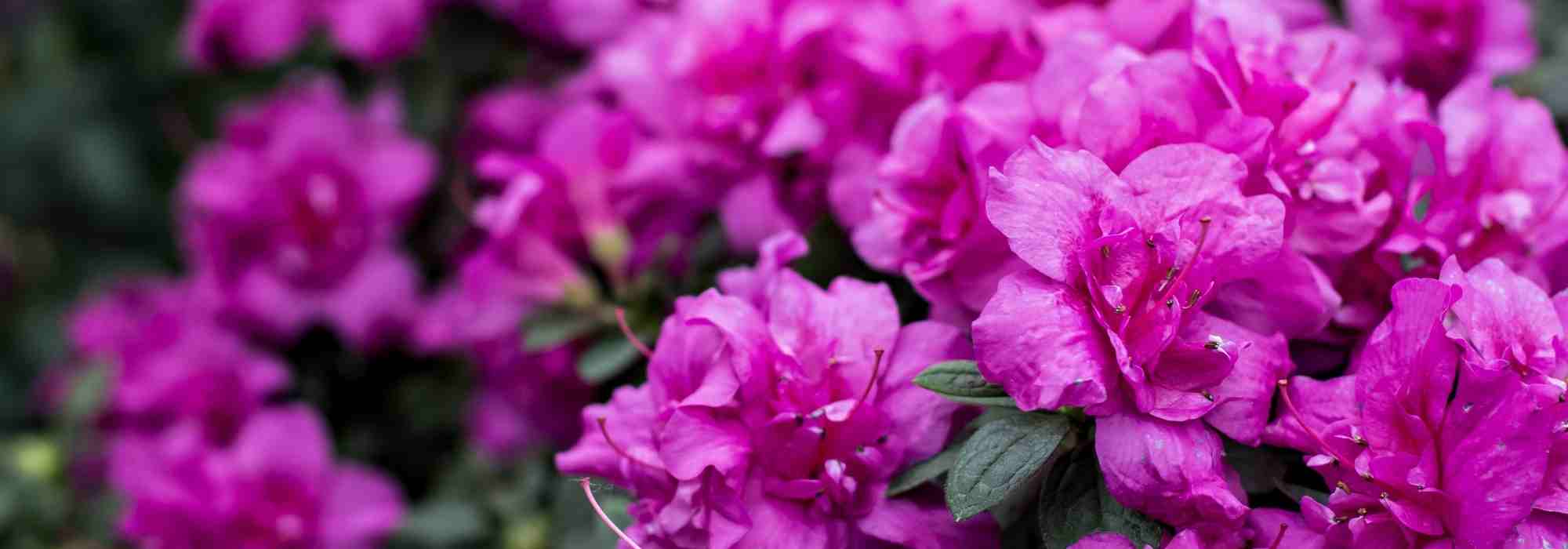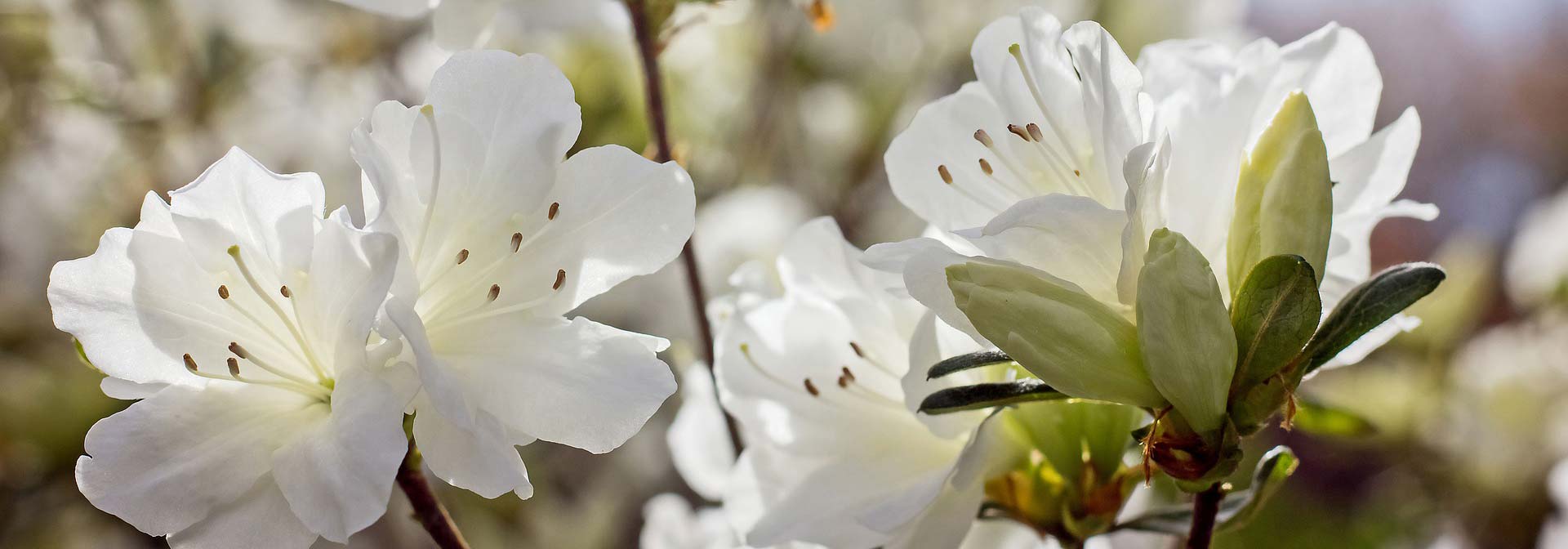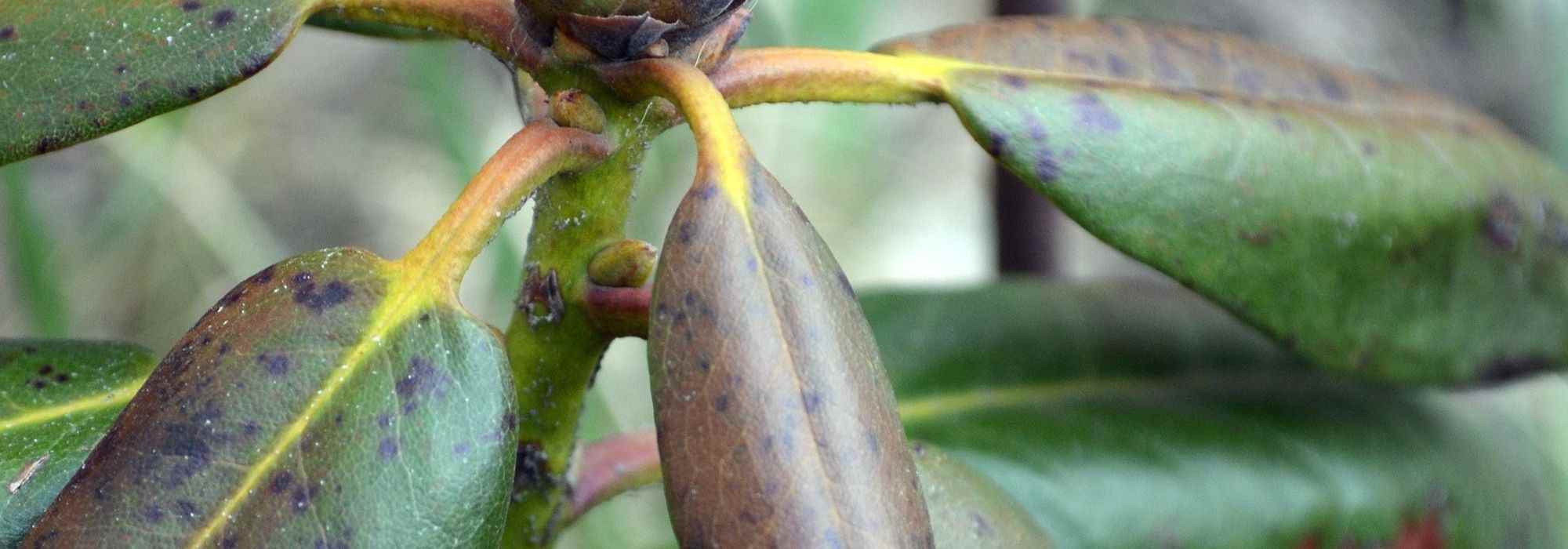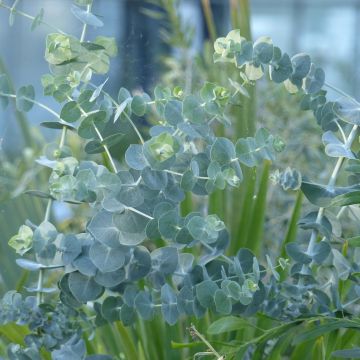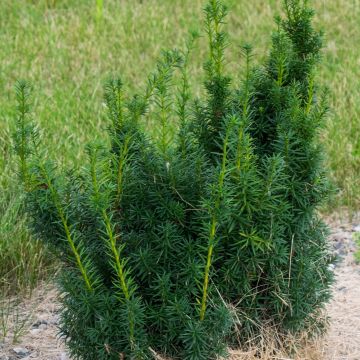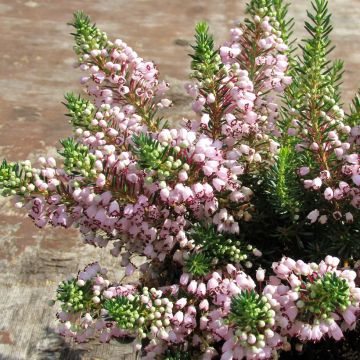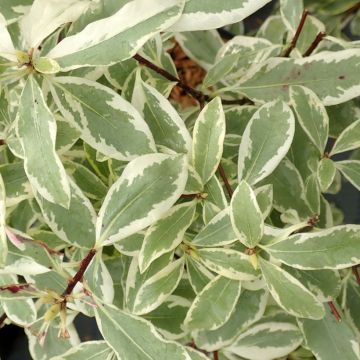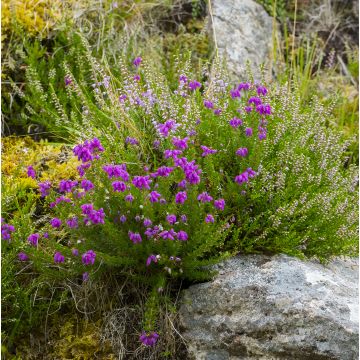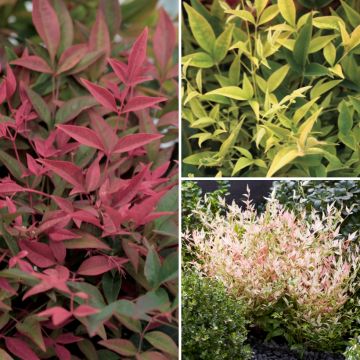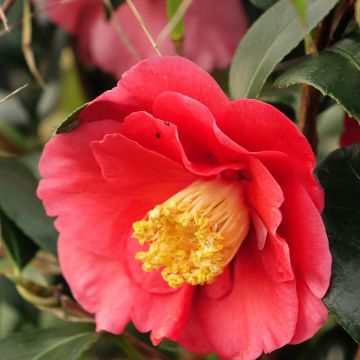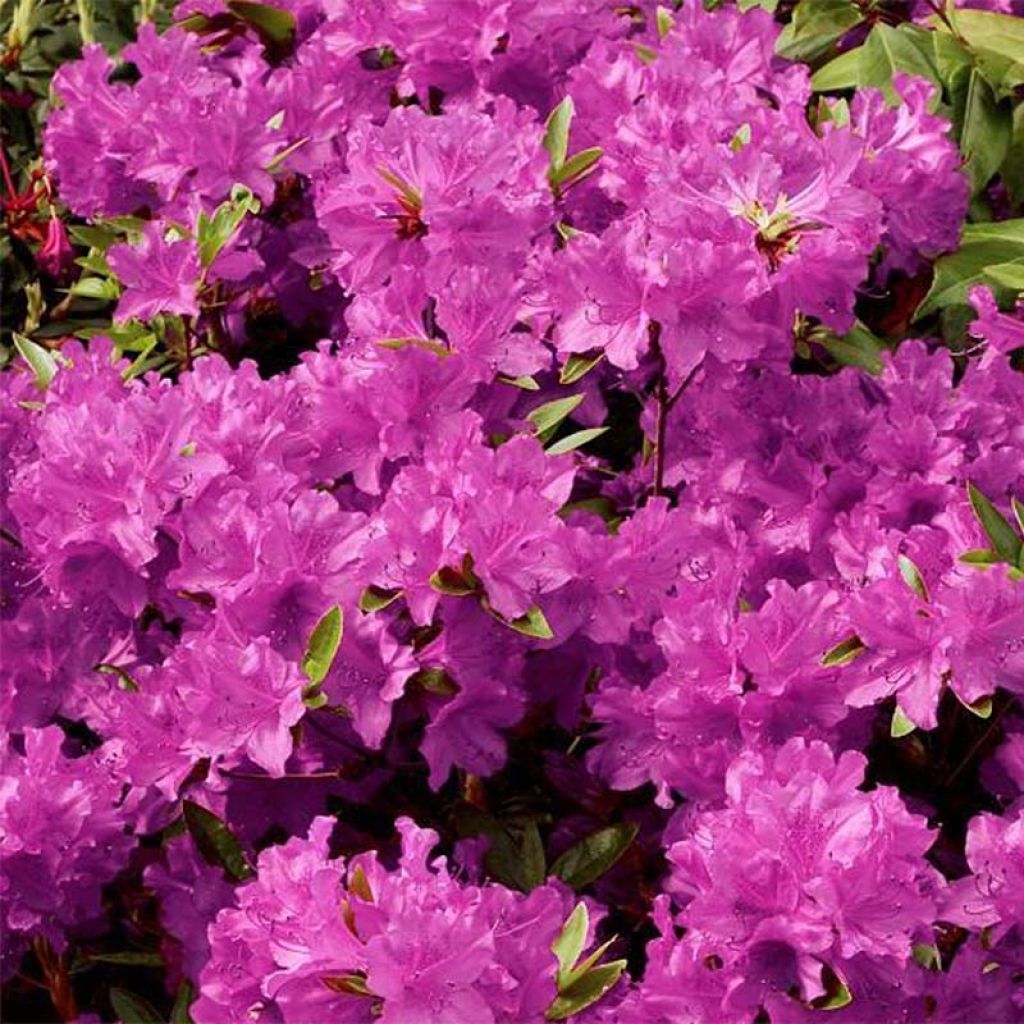

Japanese Azalea Purple Splendor
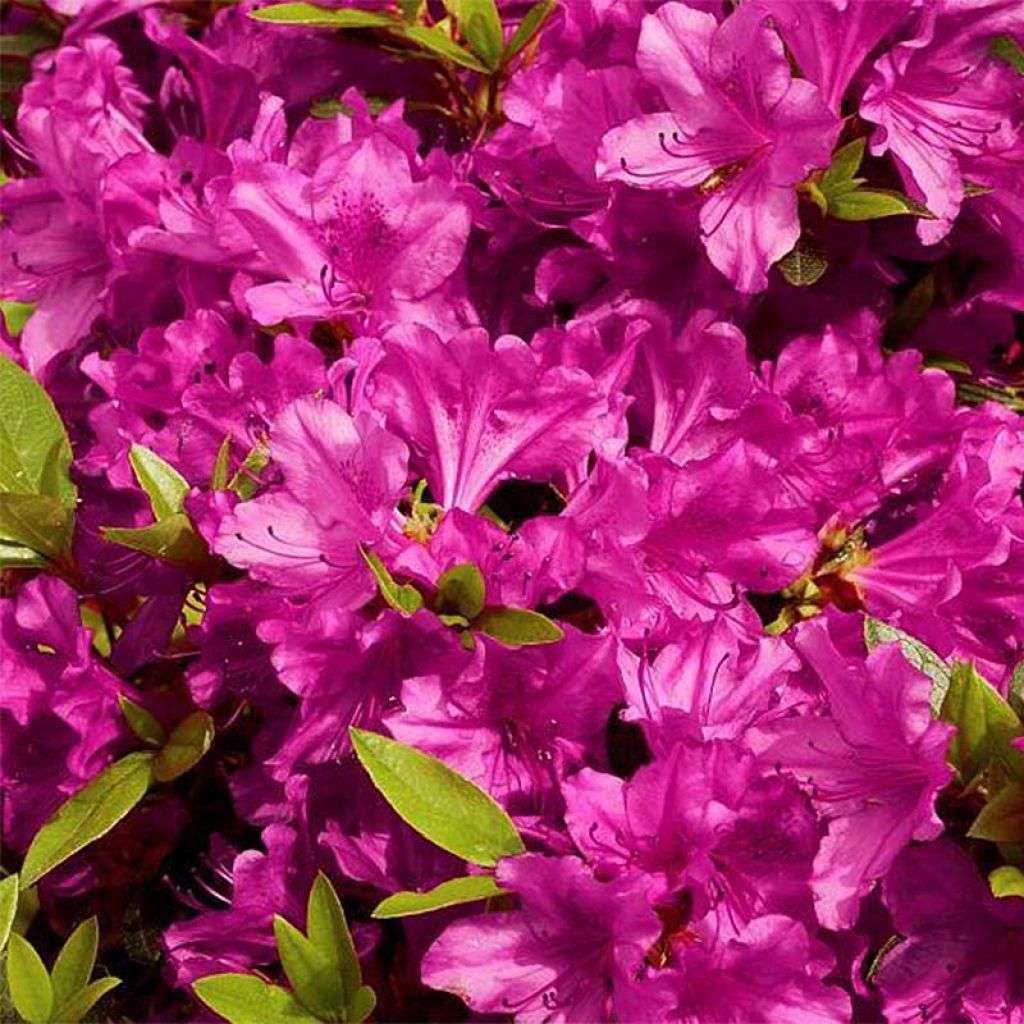

Japanese Azalea Purple Splendor
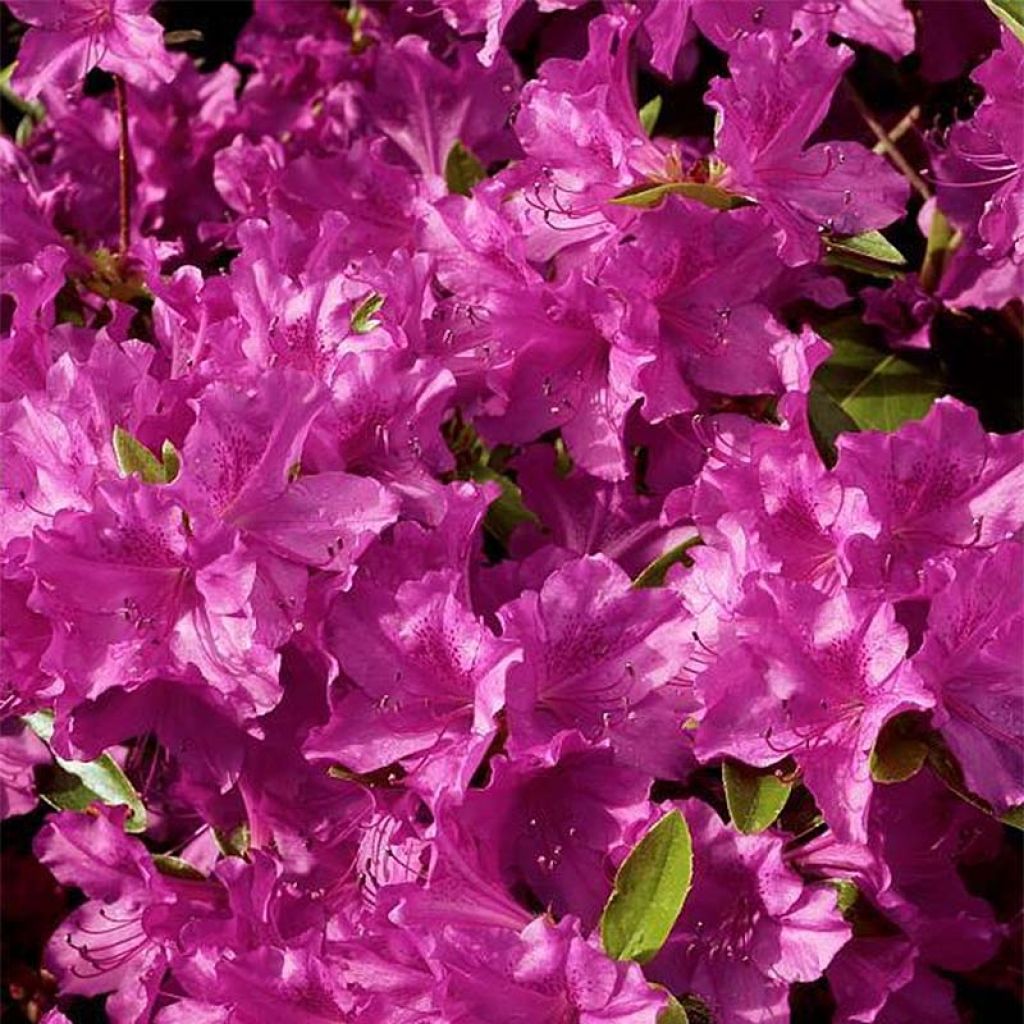

Japanese Azalea Purple Splendor
Japanese Azalea Purple Splendor
Rhododendron (Azalea) x knaphill Purple Splendor
Knaphill Azalea, Hybrid Rhododendron
Unfortunately, it withered 3 weeks after planting... And I even transplanted it shortly after receiving it.
TRZ, 05/02/2025
Special offer!
Receive a €20 voucher for any order over €90 (excluding delivery costs, credit notes, and plastic-free options)!
1- Add your favorite plants to your cart.
2- Once you have reached €90, confirm your order (you can even choose the delivery date!).
3- As soon as your order is shipped, you will receive an email containing your voucher code, valid for 3 months (90 days).
Your voucher is unique and can only be used once, for any order with a minimum value of €20, excluding delivery costs.
Can be combined with other current offers, non-divisible and non-refundable.
Home or relay delivery (depending on size and destination)
Schedule delivery date,
and select date in basket
This plant carries a 24 months recovery warranty
More information
We guarantee the quality of our plants for a full growing cycle, and will replace at our expense any plant that fails to recover under normal climatic and planting conditions.
Does this plant fit my garden?
Set up your Plantfit profile →
Description
The 'Purple Splendor' Japanese Azalea, not to be confused with 'Purple Splendour', is part of a series of hybrid rhododendrons selected in the United States for their resistance to cold. Forming a beautiful dome covered with mostly evergreen foliage, this shrub almost disappears in May under an abundance of small bright violet-pink funnel-shaped flowers, that almost look double. Plant it in the garden or in a large pot on the terrace, in semi-shade, in moist, chalk-free soil.
The Purple Splendor Japanese Azalea is a bush from the Ericaceae or heather family. It was developed several years ago by Joseph Gable in Pennsylvania (USA). Gable's hybrids, derived among others from Rhododendron yedoense var. poukhanense and R . Kaempferi, tolerate heat better than others and, to a certain extent, even drought. They also have a relatively long flowering period and evergreen leaves.
'Purple Splendor' is a medium-sized cultivar, with a spreading bushy habit and relatively fast growth for an azalea. It reaches about 1 m (3.28 ft) in height and 1.30 m (4.26 ft) in width at maturity. Its long, abundant flowering period usually takes place in May. The small flowers are funnel-shaped and gathered in terminal clusters. Each, 5 cm (2 in) wide, consists of a corolla of frilly petals surrounded by a calyx of the same bright pink-violet with mauve highlights. The flower's centre is a deeper magenta pink, with long stamens of the same pink. When exposed to the sun, the flowers fade to white. The foliage, usually evergreen, consists of small, simple, oval - rounded leaves with smooth edges, arranged alternately on the branches. They are fairly dark green, with a shiny finish, taking on beautiful bronze to claret colours in cold weather. In particularly harsh winters, the foliage may be partially deciduous.
Japanese azaleas thrive in cool climates with distinct winters, planted in humus-rich, acidic soil, such as ericaceous soil. They are beautiful evergreen shrubs for borders or containers, attractive all year round. They are a perfect accompaniment to heathers, Japanese maples, or their relatives the Chinese Azaleas, which change their appearance throughout the seasons. They can also be combined with Japanese camellias and their graceful, often fragrant, autumn-flowered cousins, Camelia sasanqua hybrids. This Purple Splendor variety looks wonderful on the terrace or balcony, in a large, carefully chosen pot, with suitable soil, and watered with non-alkaline water.
Japanese Azalea Purple Splendor in pictures
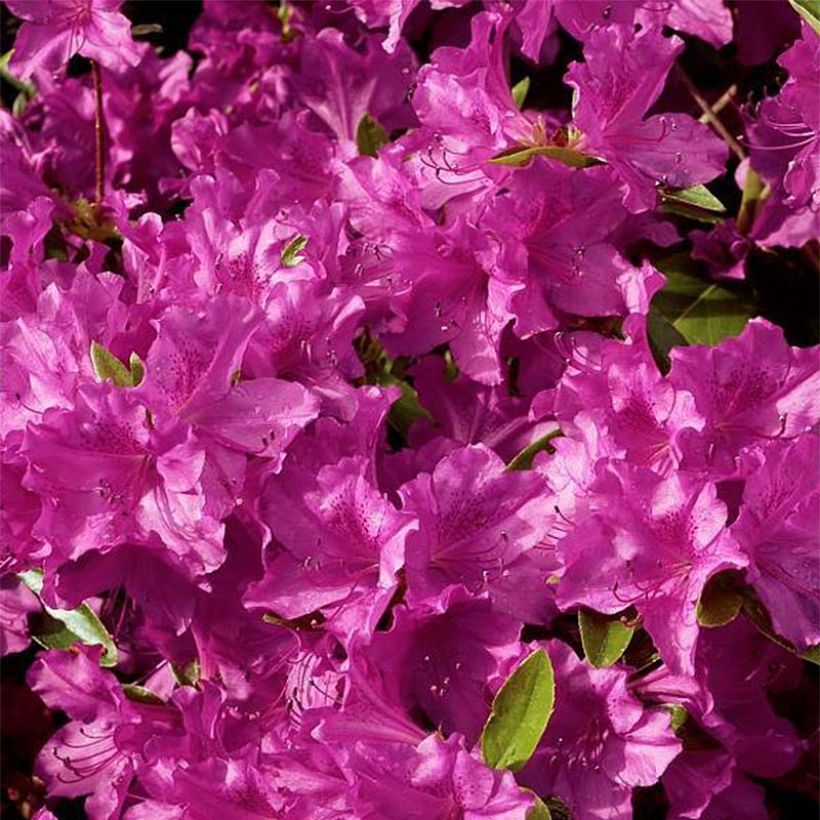

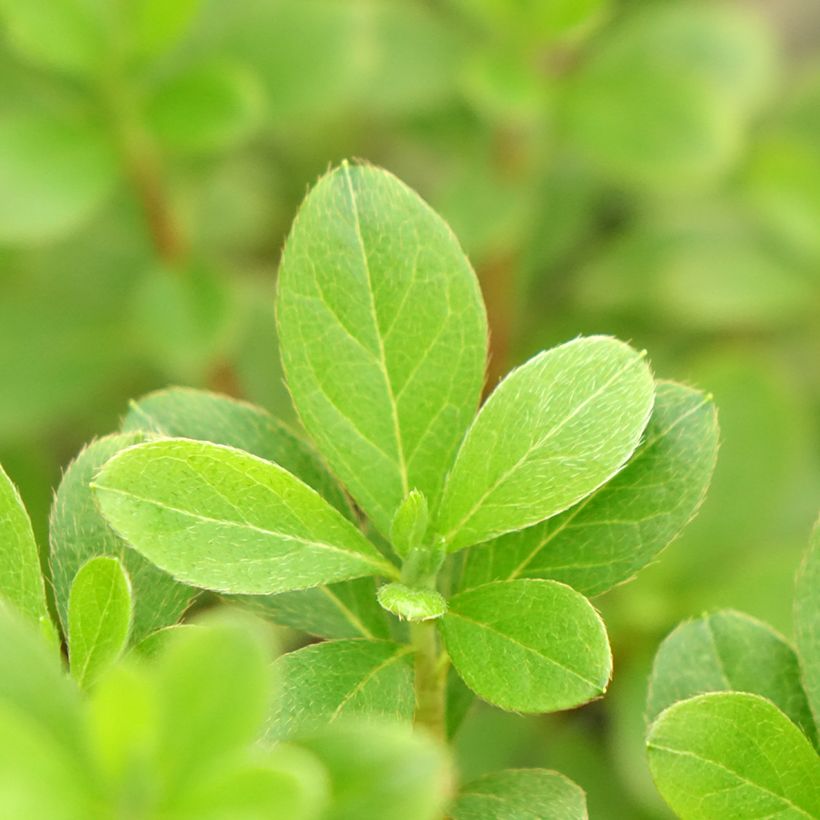

Plant habit
Flowering
Foliage
Botanical data
Rhododendron (Azalea)
x knaphill
Purple Splendor
Ericaceae
Knaphill Azalea, Hybrid Rhododendron
Cultivar or hybrid
Other Japanese Azalea
View all →Planting and care
The Japanese Azalea likes a rather shady location unlike the Chinese Azalea, but its preferred exposure is partial shade. Plant it in ericaceous, or humus-rich, well-drained, non-calcareous soil. Take care not to plant root ball too deeply, it should be level with the surface of the soil. Water abundantly during dry periods, at least once a week during the first year, with lime-free water. In spring, apply fertilizer for ericaceous plants. Pruning is not essential but it is a good idea to prune lightly after flowering to keep the plant looking neat. Remove spent flowers to encourage new growth. The Azalea has few diseases when well established outdoors. It can be attacked by weevils that eat the edge of the leaves and the rootlets, as well as by the famous "rhododendron lace bug" which do not often cause serious damage. If the soil is chalky or poorly drained, and if the plant is planted too deep, the leaves may turn yellow and eventually die.
Planting period
Intended location
Care
Planting & care advice
-
, onOrder confirmed
Reply from on Promesse de fleurs
Similar products
Haven't found what you were looking for?
Hardiness is the lowest winter temperature a plant can endure without suffering serious damage or even dying. However, hardiness is affected by location (a sheltered area, such as a patio), protection (winter cover) and soil type (hardiness is improved by well-drained soil).

Photo Sharing Terms & Conditions
In order to encourage gardeners to interact and share their experiences, Promesse de fleurs offers various media enabling content to be uploaded onto its Site - in particular via the ‘Photo sharing’ module.
The User agrees to refrain from:
- Posting any content that is illegal, prejudicial, insulting, racist, inciteful to hatred, revisionist, contrary to public decency, that infringes on privacy or on the privacy rights of third parties, in particular the publicity rights of persons and goods, intellectual property rights, or the right to privacy.
- Submitting content on behalf of a third party;
- Impersonate the identity of a third party and/or publish any personal information about a third party;
In general, the User undertakes to refrain from any unethical behaviour.
All Content (in particular text, comments, files, images, photos, videos, creative works, etc.), which may be subject to property or intellectual property rights, image or other private rights, shall remain the property of the User, subject to the limited rights granted by the terms of the licence granted by Promesse de fleurs as stated below. Users are at liberty to publish or not to publish such Content on the Site, notably via the ‘Photo Sharing’ facility, and accept that this Content shall be made public and freely accessible, notably on the Internet.
Users further acknowledge, undertake to have ,and guarantee that they hold all necessary rights and permissions to publish such material on the Site, in particular with regard to the legislation in force pertaining to any privacy, property, intellectual property, image, or contractual rights, or rights of any other nature. By publishing such Content on the Site, Users acknowledge accepting full liability as publishers of the Content within the meaning of the law, and grant Promesse de fleurs, free of charge, an inclusive, worldwide licence for the said Content for the entire duration of its publication, including all reproduction, representation, up/downloading, displaying, performing, transmission, and storage rights.
Users also grant permission for their name to be linked to the Content and accept that this link may not always be made available.
By engaging in posting material, Users consent to their Content becoming automatically accessible on the Internet, in particular on other sites and/or blogs and/or web pages of the Promesse de fleurs site, including in particular social pages and the Promesse de fleurs catalogue.
Users may secure the removal of entrusted content free of charge by issuing a simple request via our contact form.
The flowering period indicated on our website applies to countries and regions located in USDA zone 8 (France, the United Kingdom, Ireland, the Netherlands, etc.)
It will vary according to where you live:
- In zones 9 to 10 (Italy, Spain, Greece, etc.), flowering will occur about 2 to 4 weeks earlier.
- In zones 6 to 7 (Germany, Poland, Slovenia, and lower mountainous regions), flowering will be delayed by 2 to 3 weeks.
- In zone 5 (Central Europe, Scandinavia), blooming will be delayed by 3 to 5 weeks.
In temperate climates, pruning of spring-flowering shrubs (forsythia, spireas, etc.) should be done just after flowering.
Pruning of summer-flowering shrubs (Indian Lilac, Perovskia, etc.) can be done in winter or spring.
In cold regions as well as with frost-sensitive plants, avoid pruning too early when severe frosts may still occur.
The planting period indicated on our website applies to countries and regions located in USDA zone 8 (France, United Kingdom, Ireland, Netherlands).
It will vary according to where you live:
- In Mediterranean zones (Marseille, Madrid, Milan, etc.), autumn and winter are the best planting periods.
- In continental zones (Strasbourg, Munich, Vienna, etc.), delay planting by 2 to 3 weeks in spring and bring it forward by 2 to 4 weeks in autumn.
- In mountainous regions (the Alps, Pyrenees, Carpathians, etc.), it is best to plant in late spring (May-June) or late summer (August-September).
The harvesting period indicated on our website applies to countries and regions in USDA zone 8 (France, England, Ireland, the Netherlands).
In colder areas (Scandinavia, Poland, Austria...) fruit and vegetable harvests are likely to be delayed by 3-4 weeks.
In warmer areas (Italy, Spain, Greece, etc.), harvesting will probably take place earlier, depending on weather conditions.
The sowing periods indicated on our website apply to countries and regions within USDA Zone 8 (France, UK, Ireland, Netherlands).
In colder areas (Scandinavia, Poland, Austria...), delay any outdoor sowing by 3-4 weeks, or sow under glass.
In warmer climes (Italy, Spain, Greece, etc.), bring outdoor sowing forward by a few weeks.






























